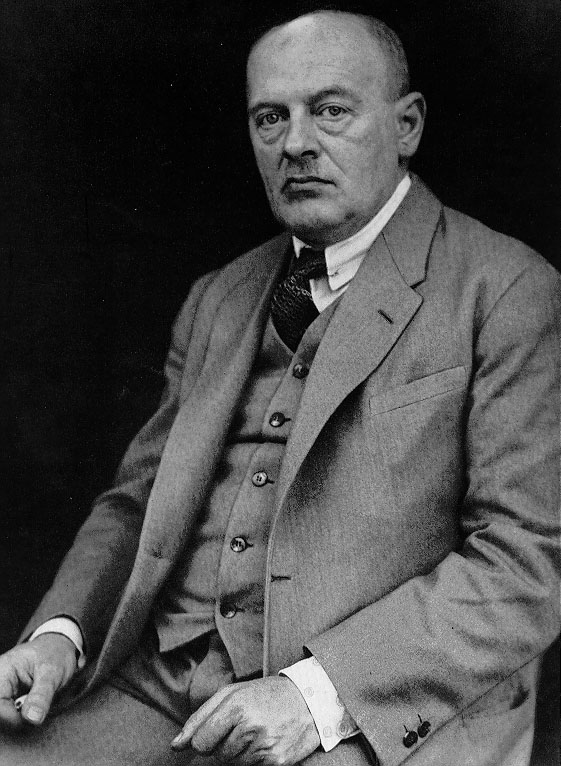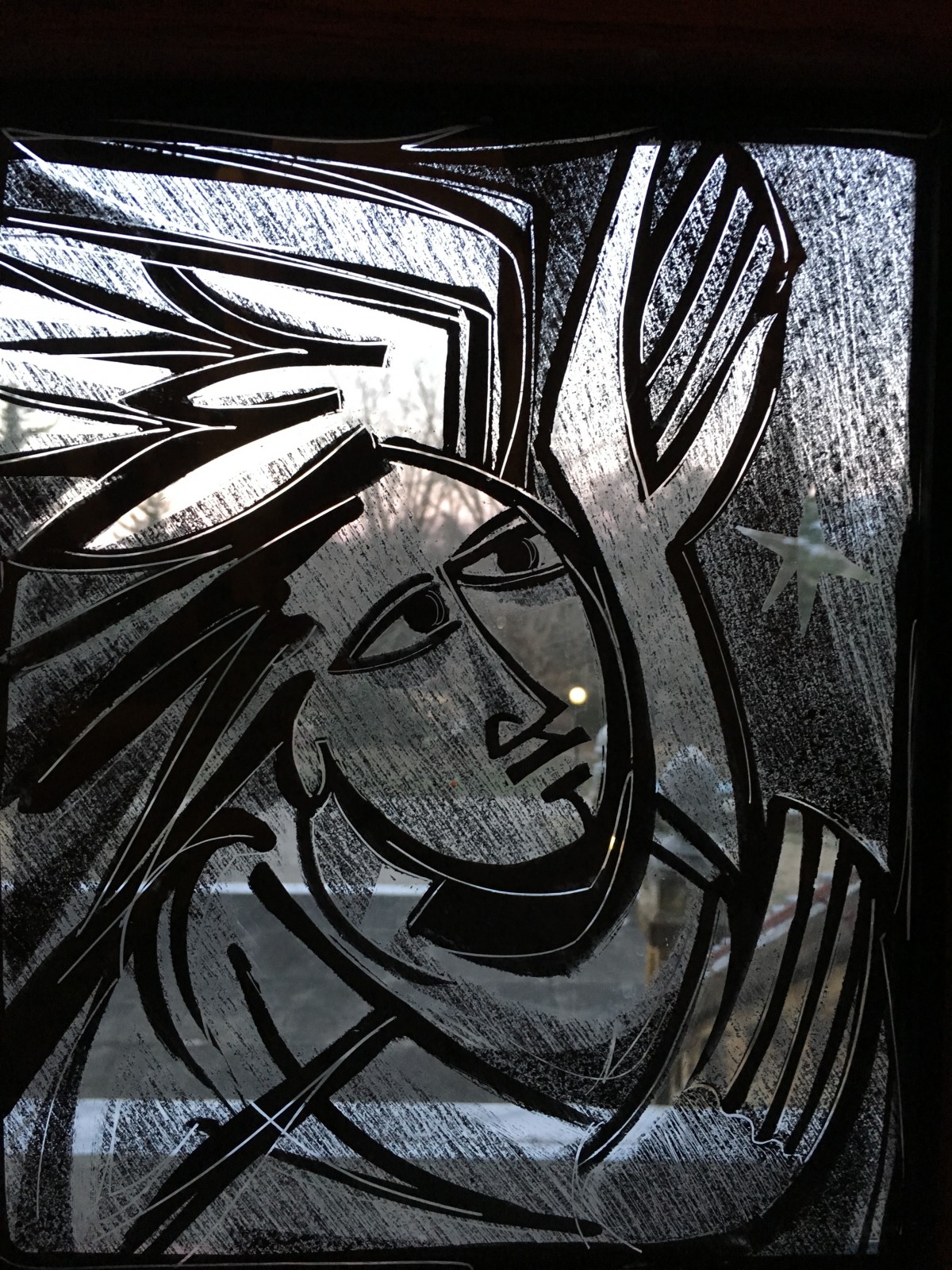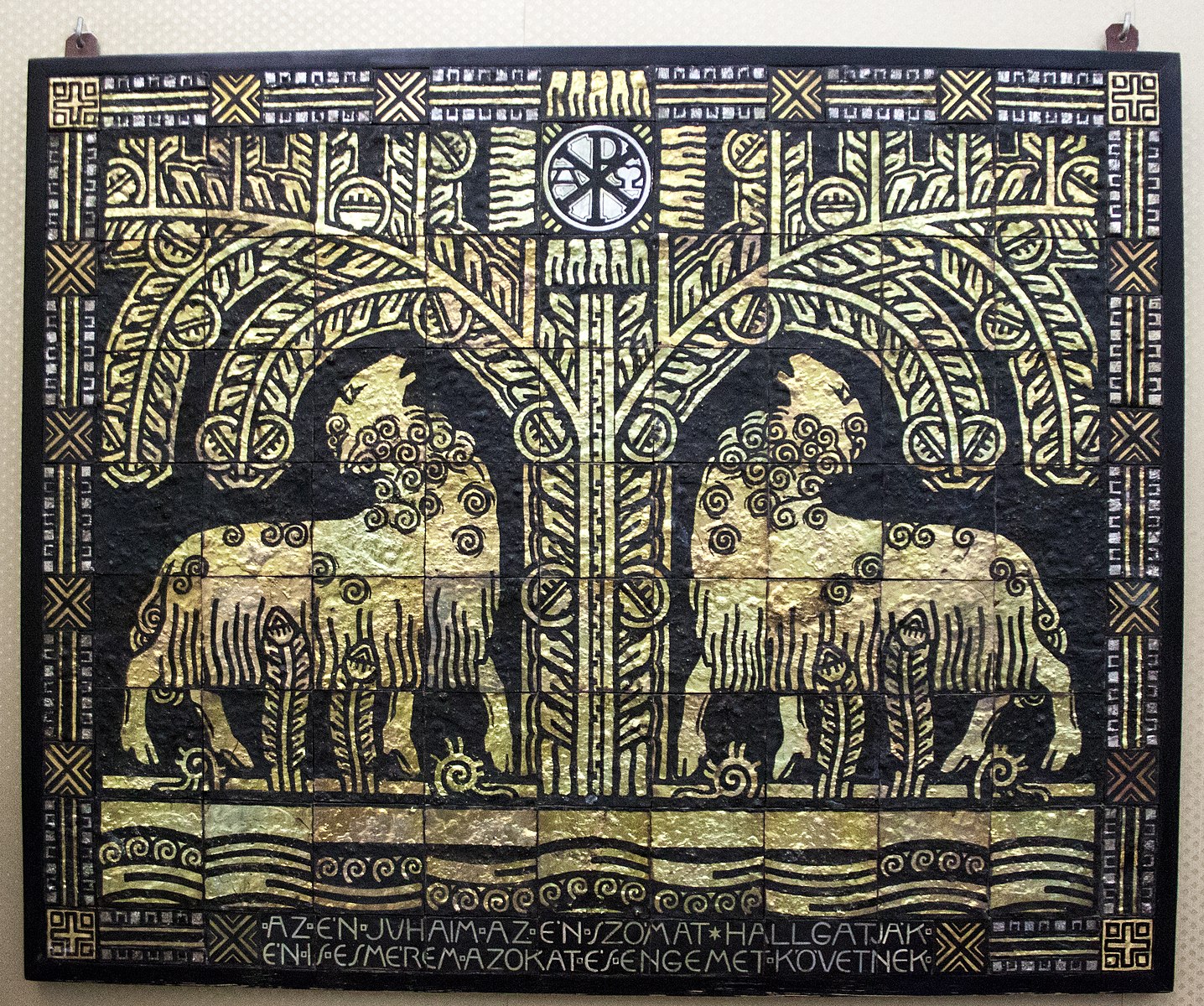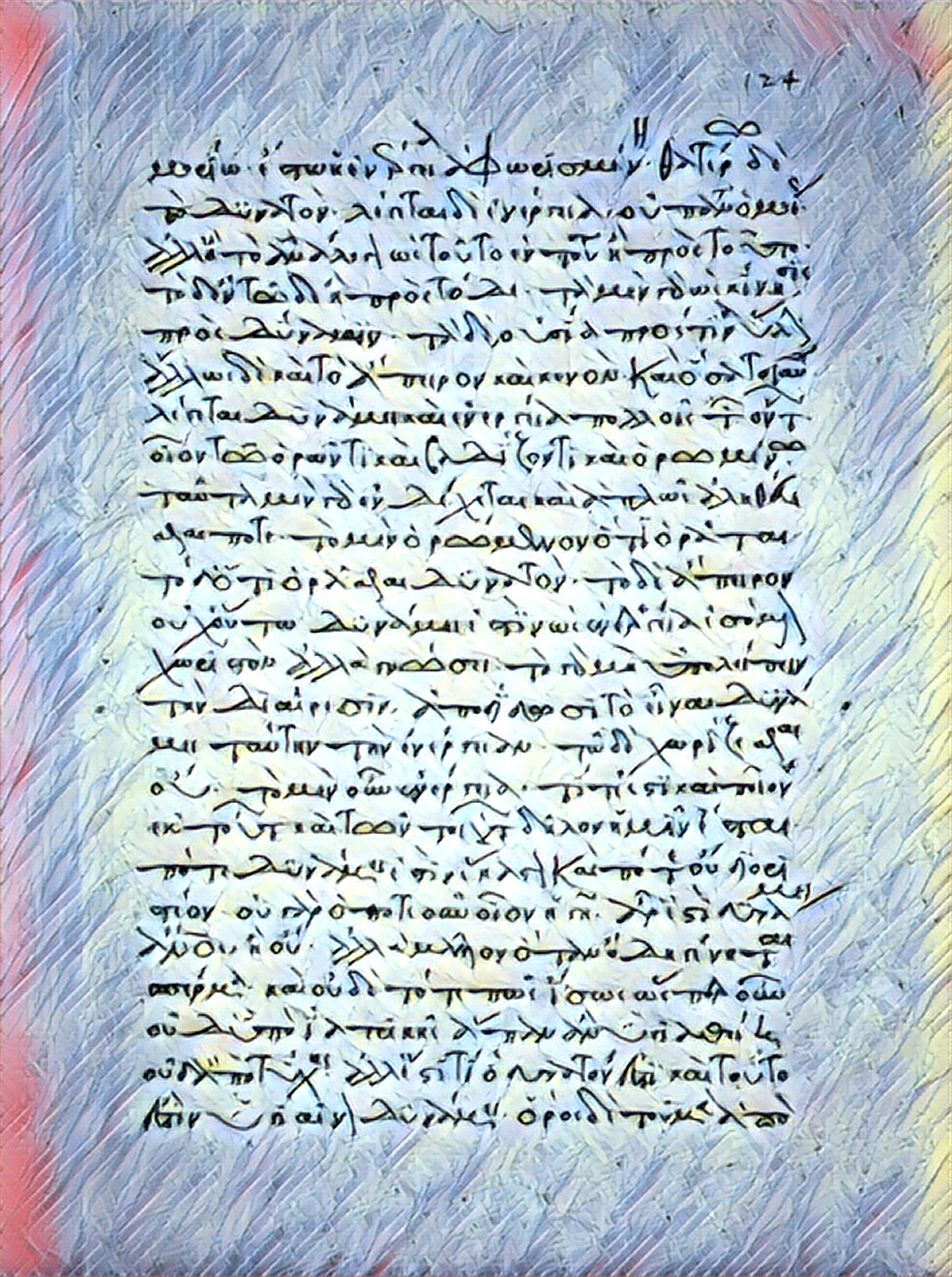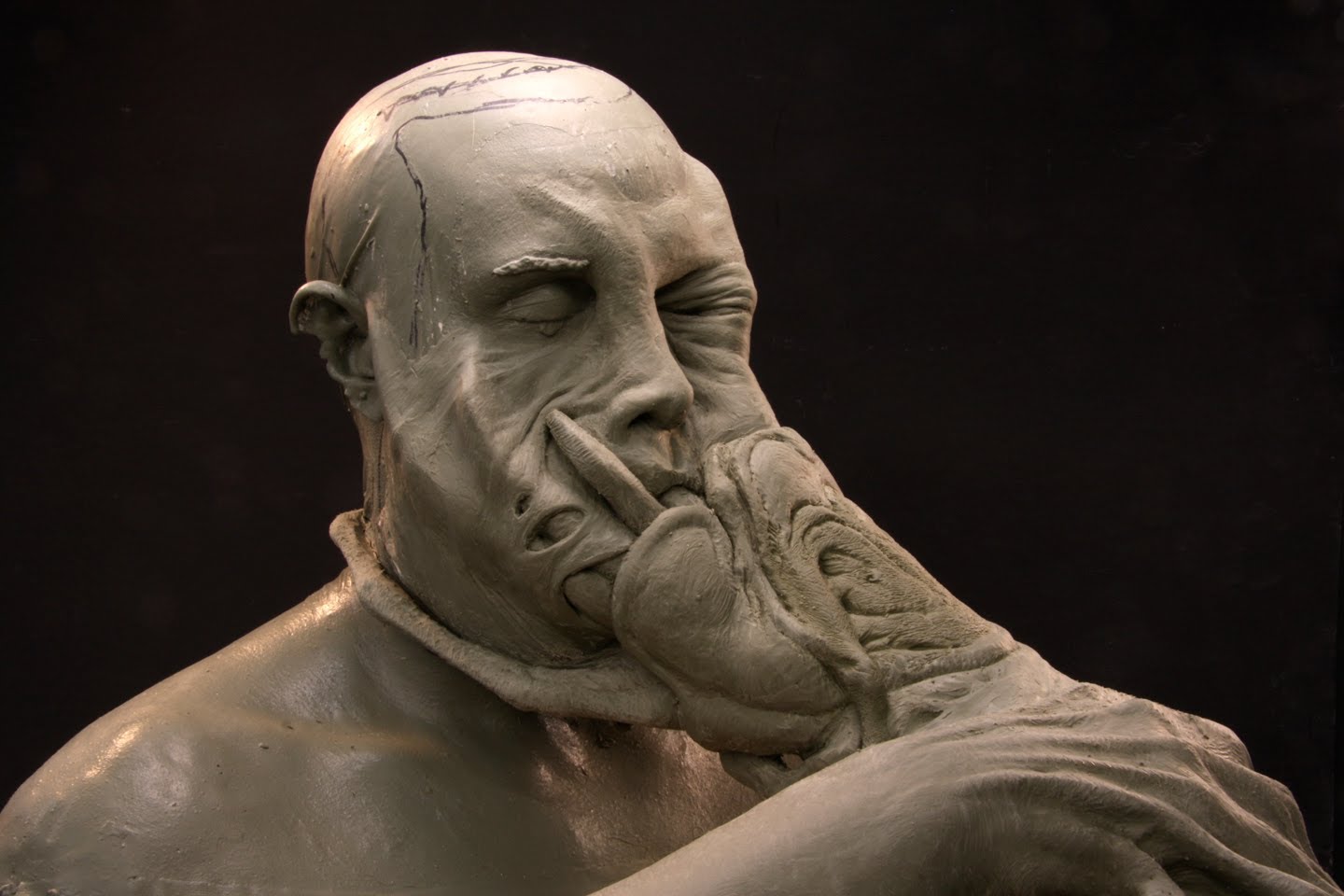The following is the second of a two-part series. The first can be found here. Simone Weil’s Rejection of “The New Science” Two not unrelated factors result in her rejection of ‘the New Science’ besides her opposition to Planck’s stance on Quantum Theory. The first is her emphasis upon Plato’s ontology rather than Plato’s epistemology. […]
Tag: Martin Heidegger
The Curious Whiteheadian Proclivity In Scheler’s Account Of God And Persons, Part 1 (J. Edward Hackett)
The following is published in two parts. Phenomenological Intuition and the Personal Sphere Before explicating the underlying structure of Scheler’s panentheism, I wanted to take some time and explain what Scheler’s phenomenological method entails and how this phenomenological commitment, though never abandoned in spirit, opened up his initial efforts to characterize religious acts and religious […]
Lacan And Pneumatology (Mark Murphy)
There has been much work on Lacan in describing his relationship to a Christological theology. We see this in work such as Žižek’s The Fragile Absolute and also in his dual work with John Milbank, The Monstrosity of Christ.[1] We also see a Christological perspective on the value of Lacan’s work in Marcus Pound’s Theology, […]
Review – When God Was A Bird (Scott McDaniel)
Mark I. Wallace. When God Was a Bird: Christianity, Animism, and the Re-Enchantment of the World. New York: Fordham University Press, 2019. 240 pages. ISBN-10: 0823281310. A simple two-bedroom house sits along a busy street in a suburban neighborhood in the Midwest during the warmer months. Across the street there is a line of non-descript utility […]
Review – Performance Apophatics (John Matthew Allison)
Claire Maria Chambers. Performance Studies and Negative Epistemology: Performance Apophatics. Palgrave Macmillan, 2017. Hardback. 301 pages. Performance Studies and Negative Epistemology: Performance Apophatics (hereafter Performance Studies) is a book about the limits of knowledge. Drawing upon a variety of fields – including performance studies, Christian negative theology, and assorted schools of Continental philosophy – Claire […]
God And Existence, Lecture 4 (Johannes Zachhuber)
The following is the fourth lecture in an eight-part lecture series. Readers can also refer to lectures one, two, and three. The first thing to be clarified in today’s lecture is the meaning of its title. What could it mean to relate God and existence, and what sense does this make? Surely, theology is in […]
The Dangers Of Dealing With Derrida – Revisiting the Caputo-Hägglund Debate On The “Religious” Reading Of Deconstruction, Part 3 (Neal DeRoo)
The following is the third installment of a three-part series. The first one can be found here, the second here. Revisiting Another Debate But one could embrace another prevalence for deconstruction, what we have here been calling the ‘extra-logical’ factors of deconstruction, its contextualizations, its context. It is precisely this claim that Caputo puts forward—not that the […]
The One Is Not – On the Fate Of Unity in Post-Metaphysical Philosophy (Jussi Backman)
A Turkish translation of a version of this essay has been published as “Bir, bir şey değildir: post-metafizik düşüncede birlik ve çokluğun akıbeti,” trans. Mustafa Yalçınkaya, Sabah Ülkesi: Üç aylık kültür-sanat ve felsefe dergisi, no. 51, Nisan 2017, 16–19. Available online at http://www.sabahulkesi.com/sayi.php?no=51, retrieved 27 April 2017. The themes of this essay are discussed in […]
The Place Of Das Ding – Psychoanalysis, Phenomenology, Religion, Part 2 (John Panteleimon Manoussakis)
The following is the second installment of a two-part series. The first part can be found here. The Place of das Ding. The foregoing has been an effort to inscribe das Ding within a philosophical genealogy that begins with Plato and extends all the way to Kant, Heidegger, and Marion, connecting psychoanalytic discourse with […]

